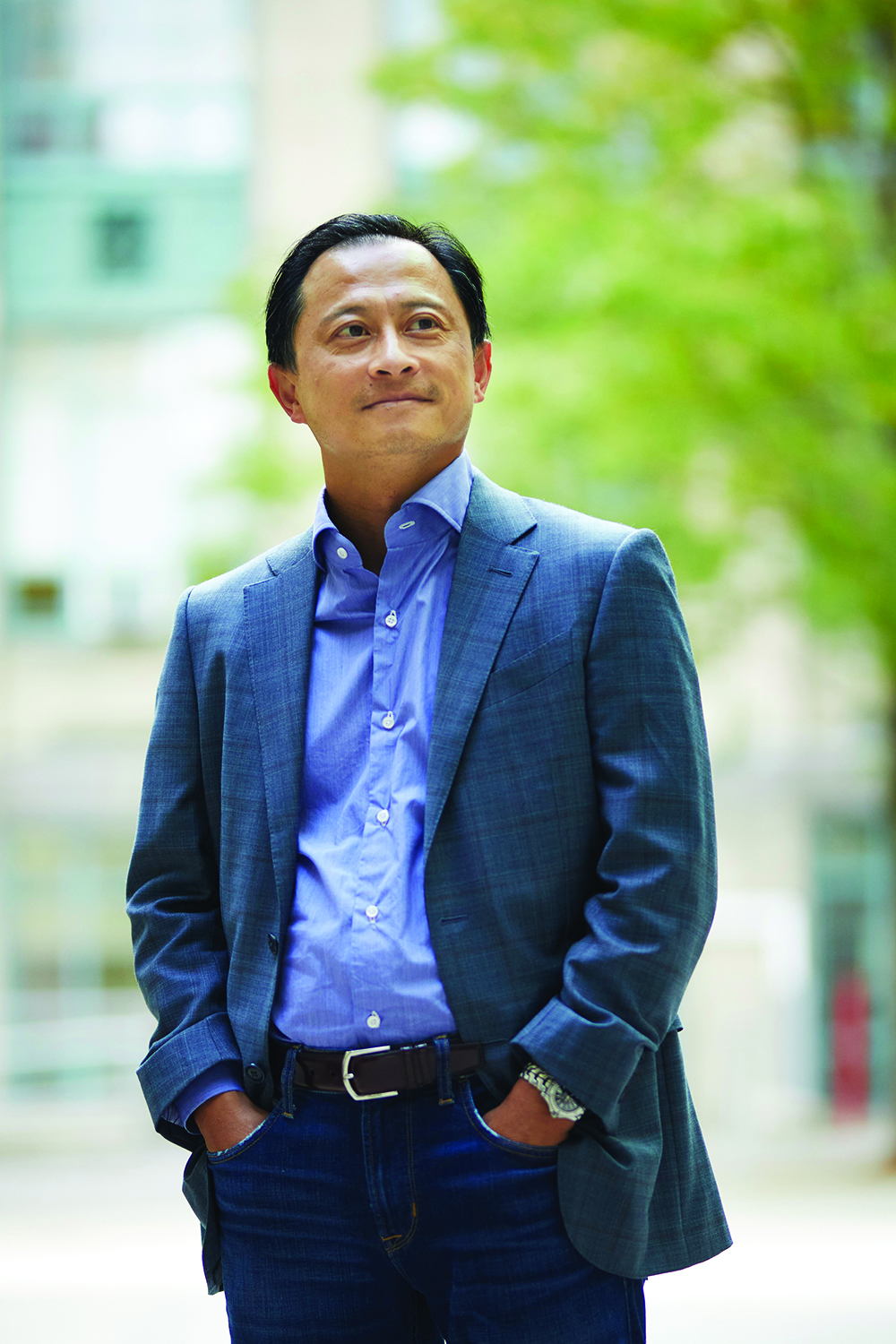The Drama of Legal Ideas
Professor Robert Tsai dives into the life of Stephen Bright, who led the Southern Center for Human Rights for more than 30 years, in his next book.

The Drama of Legal Ideas
Professor Robert Tsai dives into the life of Stephen Bright, who led the Southern Center for Human Rights for more than 30 years, in his next book.
Professor Robert L. Tsai, an expert on constitutional law, political development, and equality, is exploring a new genre in his next book. His deep dive into the life of Stephen Bright, a passionate defender of racial justice and equality, aims to be both a satisfying intellectual read and a tantalizing legal thriller.
Bright, who led the Southern Center for Human Rights for more than 30 years, argued several US Supreme Court cases involving counties that tried to rig juries in death penalty cases to exclude women and Black people. “You can’t get a more powerful illustration of why equality might matter than in those moments where someone’s appeal for mercy will turn on the existence of one or two people on that jury,” says Tsai, who is also a Law Alumni Scholar.
There are those moments in Bright’s cases that are incredibly dramatic: where he’s grilling a prosecutor on the stand or he’s engaged in debate with Justice [Antonin] Scalia and they’re going after each other. I want readers to really appreciate the high drama and [understand] why legal ideas also matter in those moments.
Slated for publication in 2022, Ask the Impossible: Race, Poverty, and One Man’s Quest for Equal Justice provides context for the mass incarceration from the 1970s to the present day, which has disproportionately affected Black people and the poor.
“There are those moments in Bright’s cases that are incredibly dramatic: where he’s grilling a prosecutor on the stand or he’s engaged in debate with Justice [Antonin] Scalia and they’re going after each other,” Tsai says. “I want readers to really appreciate the high drama and [understand] why legal ideas also matter in those moments.”
Tsai joined BU’s faculty during the COVID-19 pandemic, which has highlighted the tensions between public safety mandates and individual rights. “If you have too robust a theory of property rights or individual liberty, like ‘I don’t want to wear a mask’ or ‘I don’t want to have to take a shot; I should be able to do what I want,’ this is really going to interfere with effective science and effective policy,” he says. “We’re in the middle of this debate right now: Where do you draw the line between liberty and power?”
